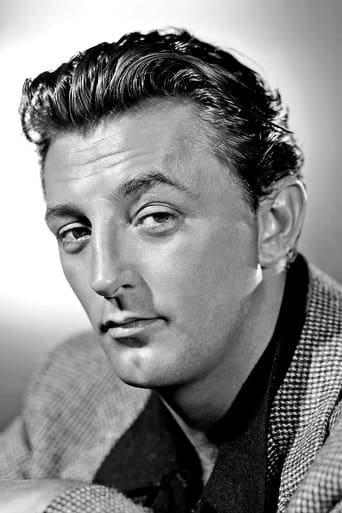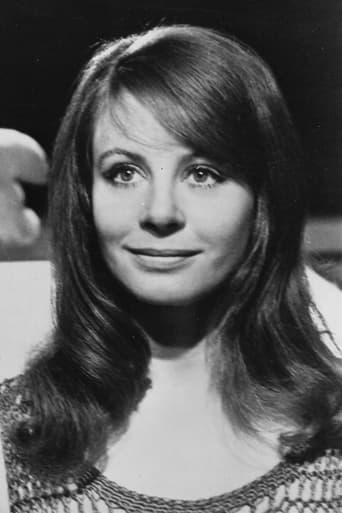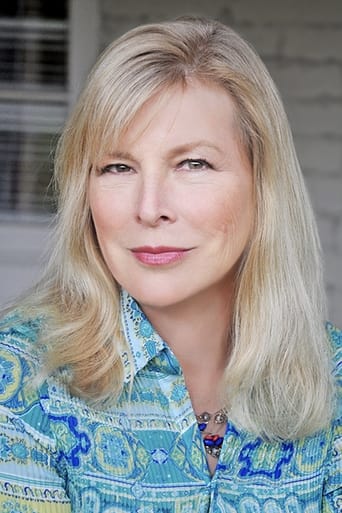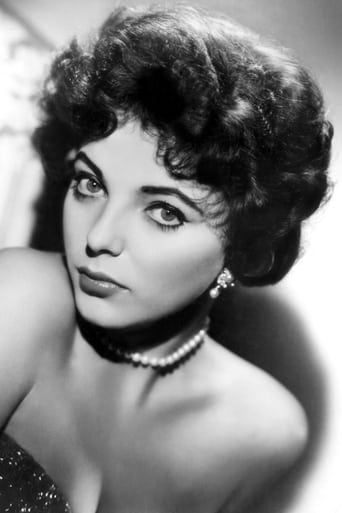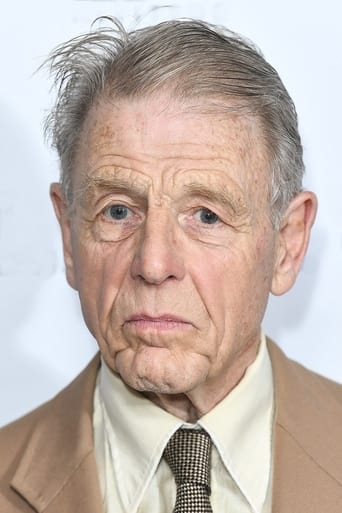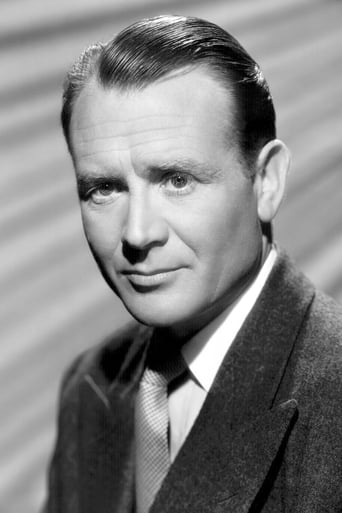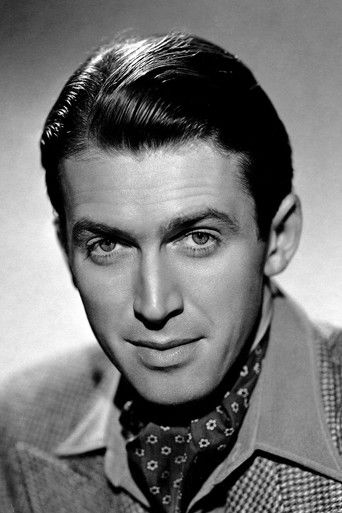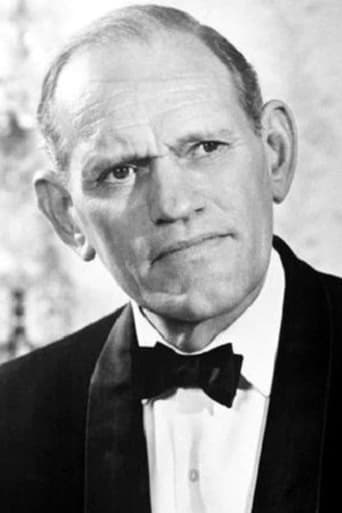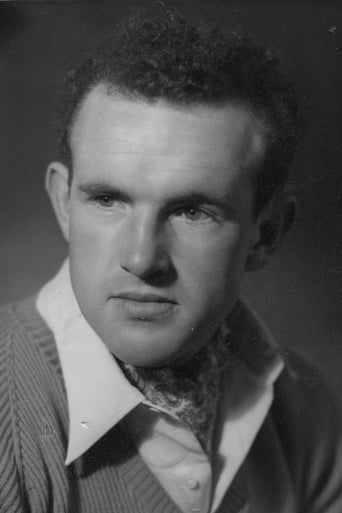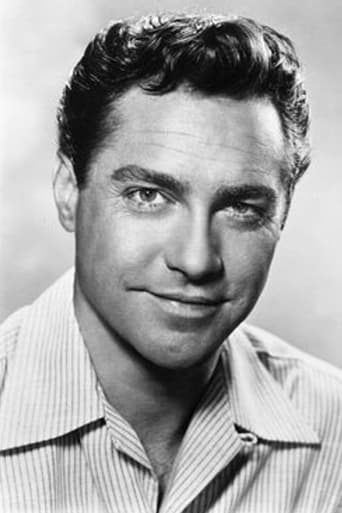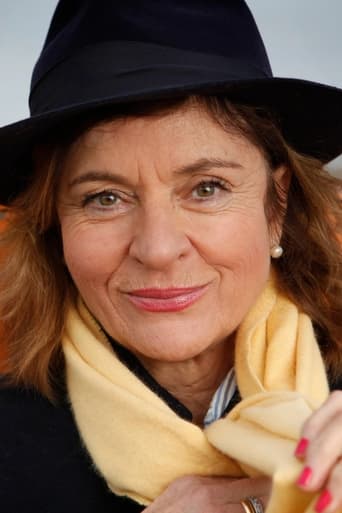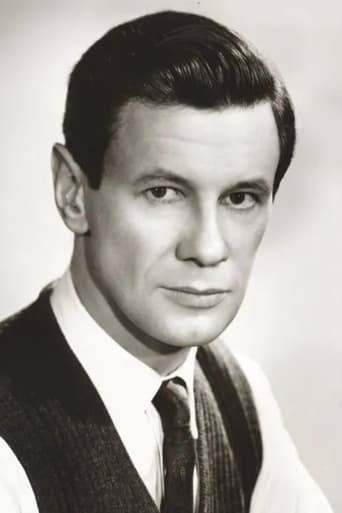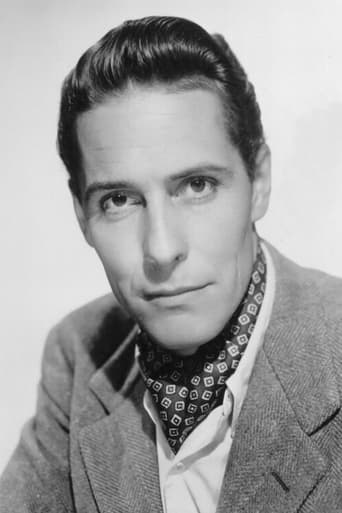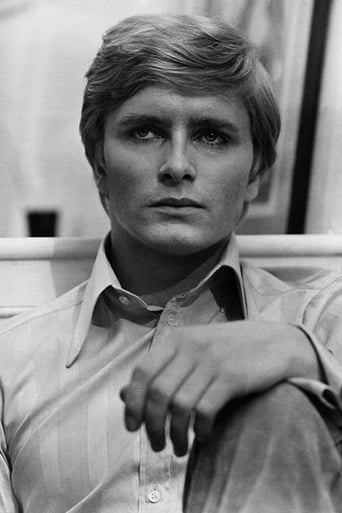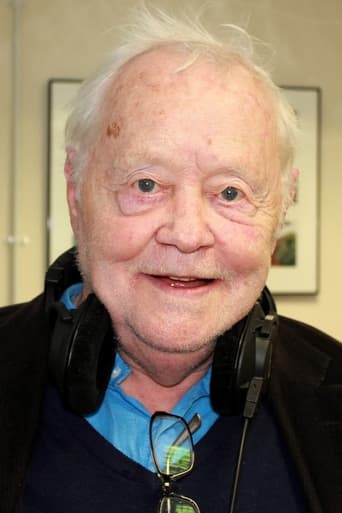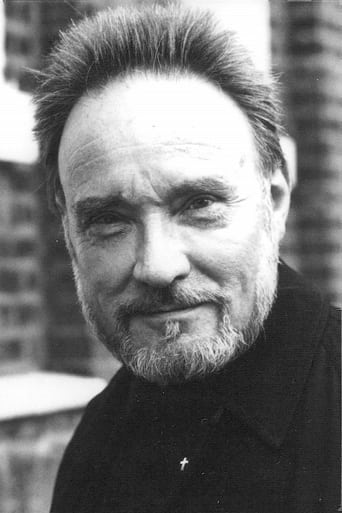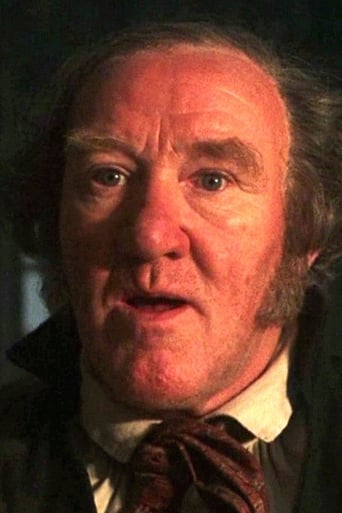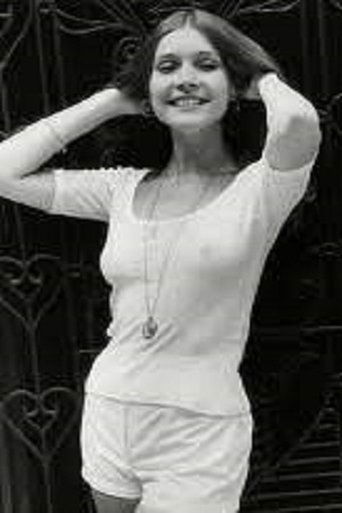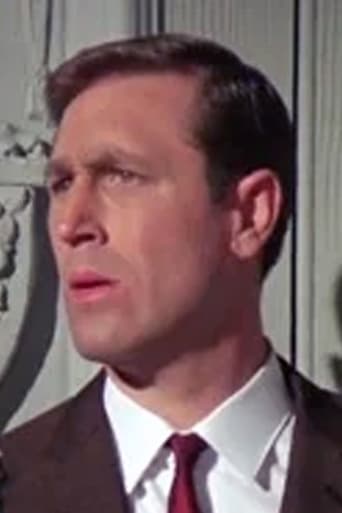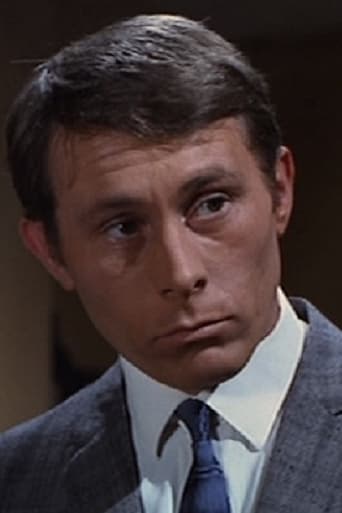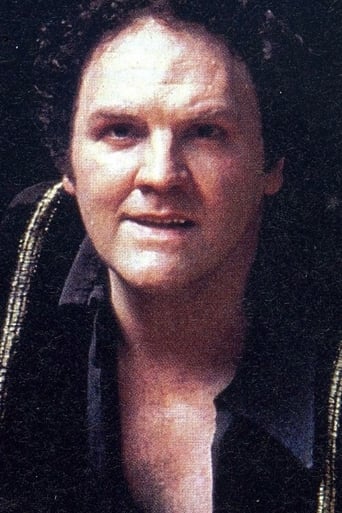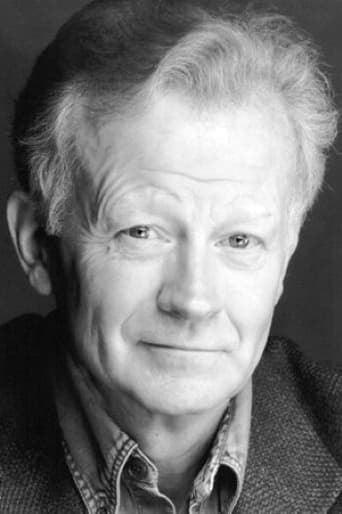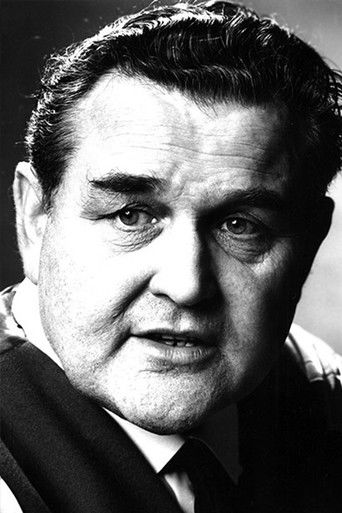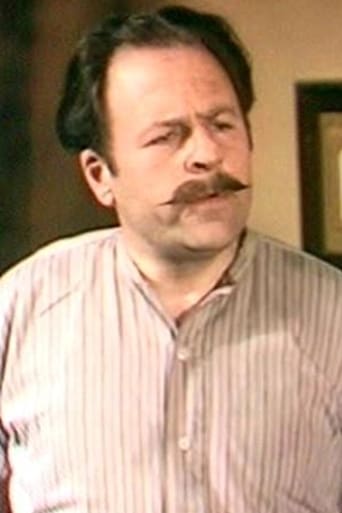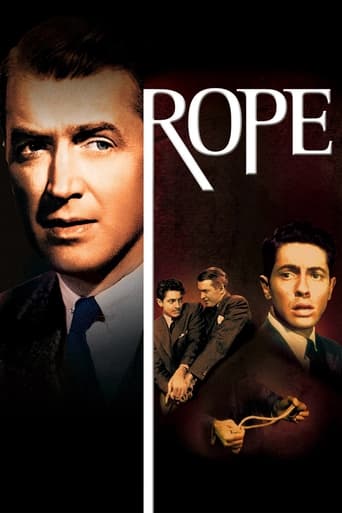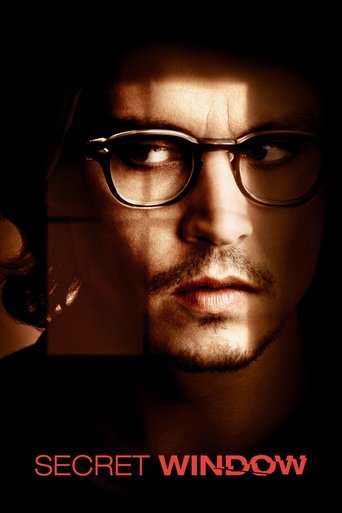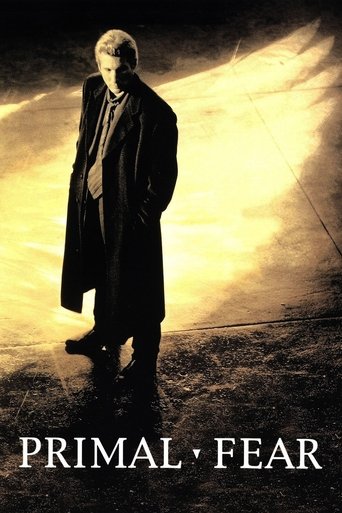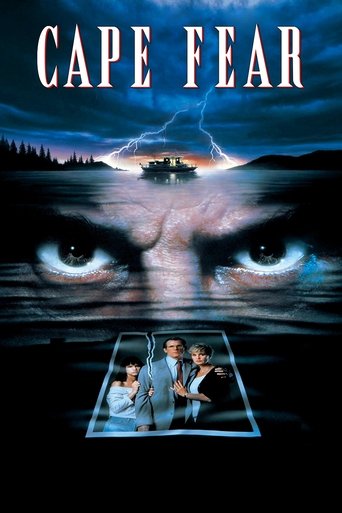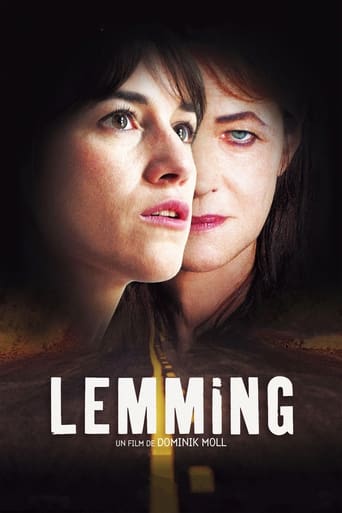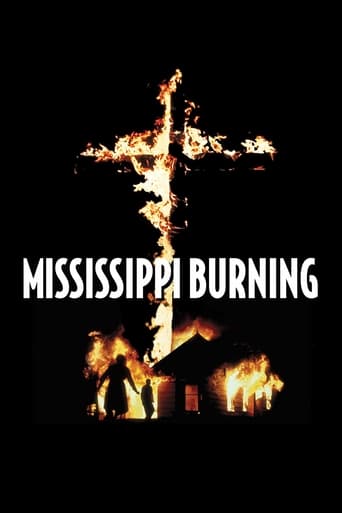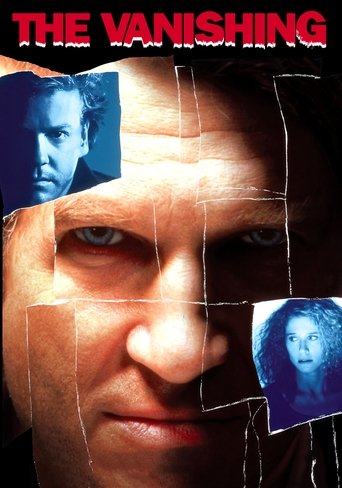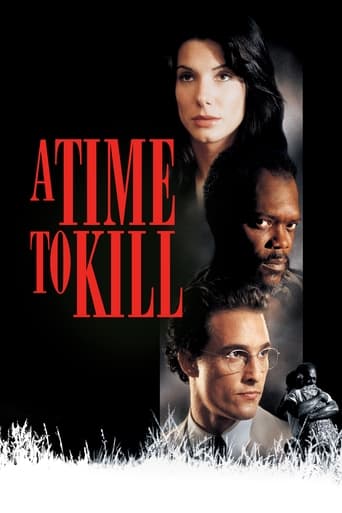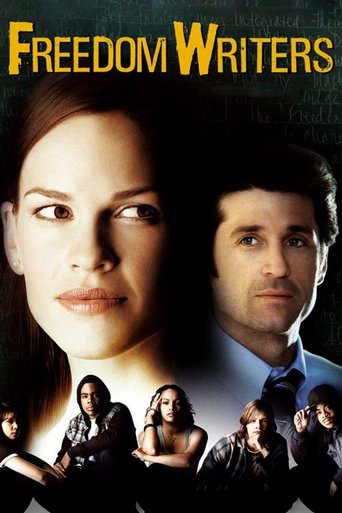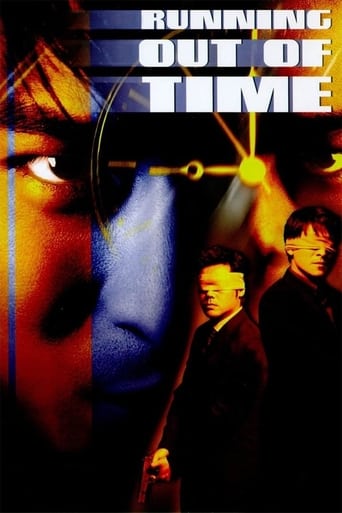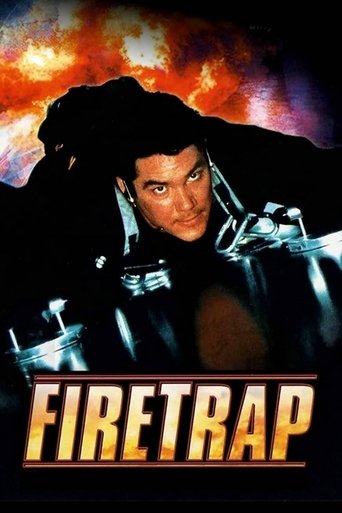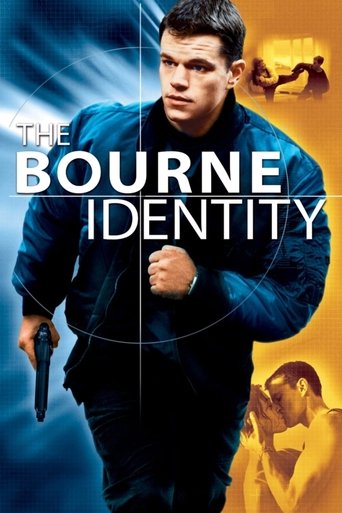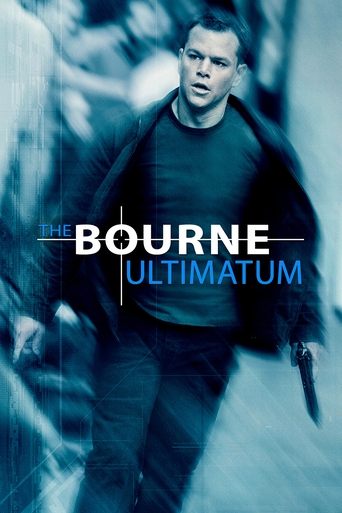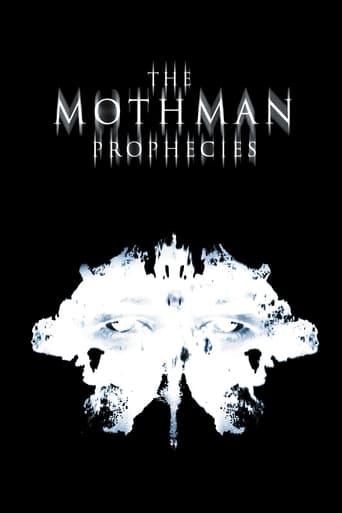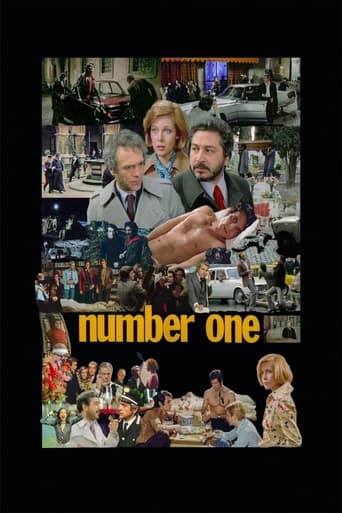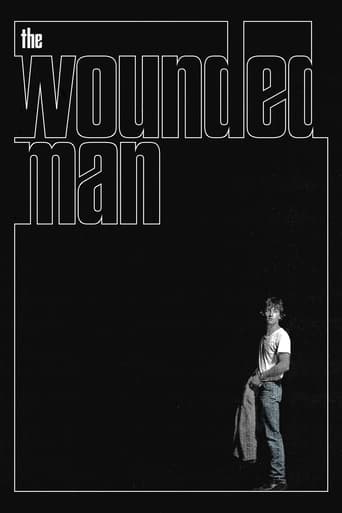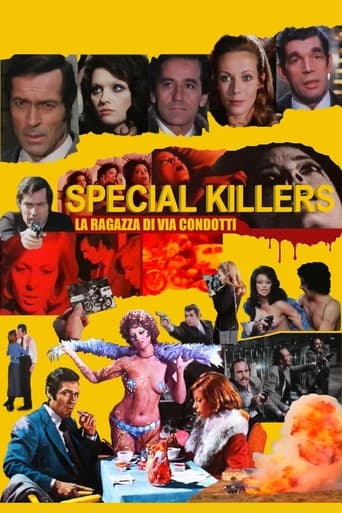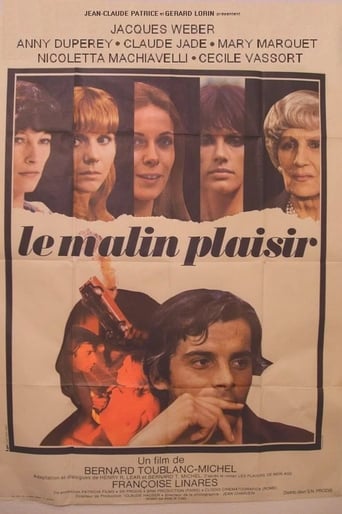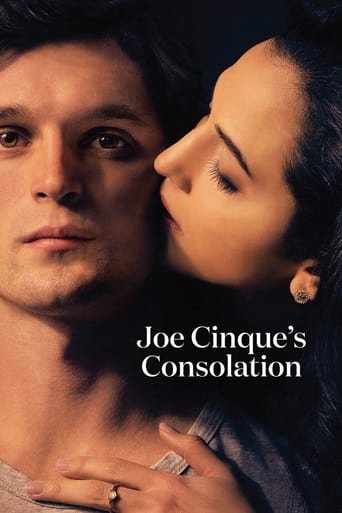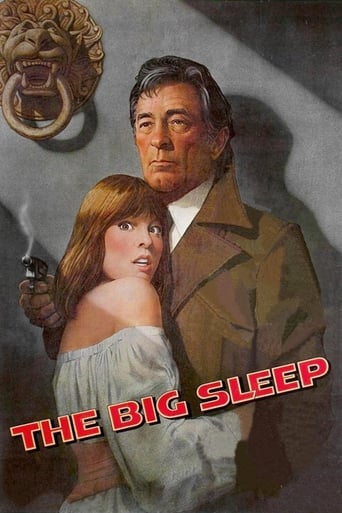
The Big Sleep (1978)
Private eye Philip Marlowe investigates a case of blackmail involving the two wild daughters of a rich general, a pornographer and a gangster.
- Michael Winner
- Raymond Chandler
- Michael Winner
Rating: 5.9/10 by 84 users
Alternative Title:
Der tiefe Schlaf - DE
Detective privado - ES
A Arte de Matar - BR
Country:
United Kingdom
United States of America
Language:
English
Italiano
Runtime: 01 hour 40 minutes
Budget: $0
Revenue: $0
Plot Keyword: daughter, based on novel or book, general, blackmail, remake, murder, gay theme
I thrice went to Michael Winner's Holland Park home for lunch. I wish I could say I remembered more about these visits, but the hospitality was clearly designed to ensure that I didn't! He was a charming and engaging man who had an entertaining anecdote for just about every occasion. For this remake of the 1946 classic, he has certainly assembled a strong cast. Robert Mitchum takes on the private eye "Philip Marlowe" character and the story moves to Britain where his services are sought by the invalid "General Sternwood" (James Stewart) who is concerned that his rather libertine daughters are vulnerable to blackmail. Once such investigation discovers that though blackmail was, indeed, on the table - there is a far more deadly and sinister topic for his talents - the disappearance of the general's son-in-law "Rusty Regan". There are hoodlums, gangsters, petty thieves who are all in his sights as he tries to get to the bottom of whom is doing what to whom - and why! Oliver Reed and Sara Miles (who always looked as if she were treading a very fine line between sanity and madness) contribute quite well to the mix, but Joan Collins and Richard Boone much less so, and the narrative (from Mitchum) is way too wordy. The ending is sort of sprung upon us, and I felt just a bit short-changed by the whole thing. Colour photography can sometimes be a real enemy of noir thrillers. The monochrome style, lighting, shading and a good score frequently does much of the heavy lifting if the story is a bit light. Here, Winner has none of that to fall back on, and what we end up with is really more notable for whom he cast rather than for what we saw.
**A remake that neither won me nor convinced me.** When I saw the original film, with Bogart and Bacall, from 1946, I was very pleased with the technical and artistic qualities, and also with the excellent acting by a top cast, but frankly sad with the script. I found that whole story very far-fetched and confusing, and I thought it would have been more fun to watch if the script had brought us something simpler, clearer and easier to follow, while maintaining the dose of mystery. This film is nothing more than a remake made thirty years later, and as such it is very difficult to resist making comparisons. I'm going to try to resist as long as I can and analyze this film for what it's worth. For this production, director Michael Winner called for a strong cast headed by Robert Mitchum, a veteran actor who, however, did not seem inappropriate for this character who, in the original written material, is half his age. Philip Marlowe is an experienced, serious, suspicious private detective who has extensive knowledge of the criminal world and authorities, and if we consider all these characteristics, it seems sensible to call a middle-aged actor with charm and a heartthrob air. I also really liked James Stewart's work. I was surprised by the actor's frail and aged appearance, and even more surprised to see that he lived for another twenty years after the film was made. He was the right man for this job and shows his tenacity and love for his art. Candy Clark is as naughty and seductive as she can be, making her character a true nymphet. This seemed a bit extreme to my eyes, but considering it was the 70s and sex was selling like hotcakes, it makes some sense. Sara Miles is a frankly positive addition, while Oliver Reed seemed more neutral and dull to me. Richard Boone just does what he has to do, but what he does is done well. On a technical level, I have some objections: if this is a kind of neo-noir, it doesn't seem at all unreasonable for them to use color cinematography instead of traditional black-and-white, but it seems to me that the second option would be more favorable to the construction of dramatic tension and suspense. This becomes even more legitimate if we consider that the color is quite faint and the luminosity is not beautiful, perhaps due to the choice of lens or a certain type of film material. I really like the filming locations and transferring the action to the United Kingdom allows the use of the country's large aristocratic mansions, as well as good street filming in quiet neighborhoods in London and other cities. The change of country, however, has more cons than pros: much of the story loses credibility outside the USA, where the circulation of weapons is more liberal and crime is different. The action scenes also seem out of place here, which is perhaps why they seem so bland and sleepy. I also didn't like the nude scenes, although the plot involved the illegal sale of pornographic material, something very much in keeping with the time in which the film was made. Honestly, there isn't much to say about the script. The story is essentially the same as what we saw in the older film, with some more discreet variations and nuances. It continues to be a complicated plot to follow and where a lot happens in a relatively small amount of time, where a lot is said in a short time and involves too many characters and twists, in my opinion. They could have used the film to present a smoother version of the original story, but they decided not to do so.

